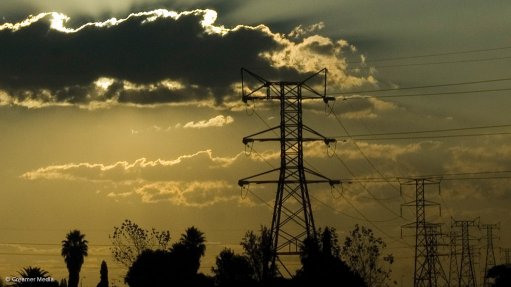
Photo by: Duane Daws
Managing down the demand for electrity is the quickest and cheapest way to bring relief from the electricity crisis and rising tariffs but the job should be given to an independent body, says the Cape Chamber of Commerce and Industry.
“It is not realistic to expect Eskom to run electricity saving schemes because they have their hands full and we don’t need to distract them from the critical job of overhauling their power stations,” said Ms Janine Myburgh, President of the Chamber. “Perhaps the Department of Trade and Industry can get involved and look at solar water heaters as a job-creating industry with great potential for growth.”
She said it was necessary to see Demand Side Management (DSM) as a national policy in the national interest and organisations like the SA Bureau of Standards and the engineering faculties of the country’s universities should help manufacturers improve their products.
Mr Peter Haylett, chairman of the Chamber’s Industrial Focus Portfolio committee, said the retail price of electricity was now so high that a lot of alternatives had become viable to supplement or even replace grid electricity.
“The beauty of this approach is that it would be funded by the private sector and should not require any subsidy. Subsidising consumers or manufacturers seldom makes sense. What we need to do is help the manufacturers of products like solar water heaters with technical assistance to bring down costs and create more competition in the industry.”
He pointed out that installing solar heaters, PV panels and heat pumps would create jobs throughout the country.
“The most important thing, however, is that every solar water heater, panel or heat pump will take some of the load off Eskom’s back and this should make more power available for industry and the mines,” Mr Haylett said.
Any solar system would deliver power or heat at a fixed costs and this would not increase while the cost of grid electricity would increase every year along with the costs of coal, transport and labour. “Using solar will enable commercial and domestic users to get some measure of control over their future energy costs,” he said.
Issued by the Cape Chamber of Commerce and Industry